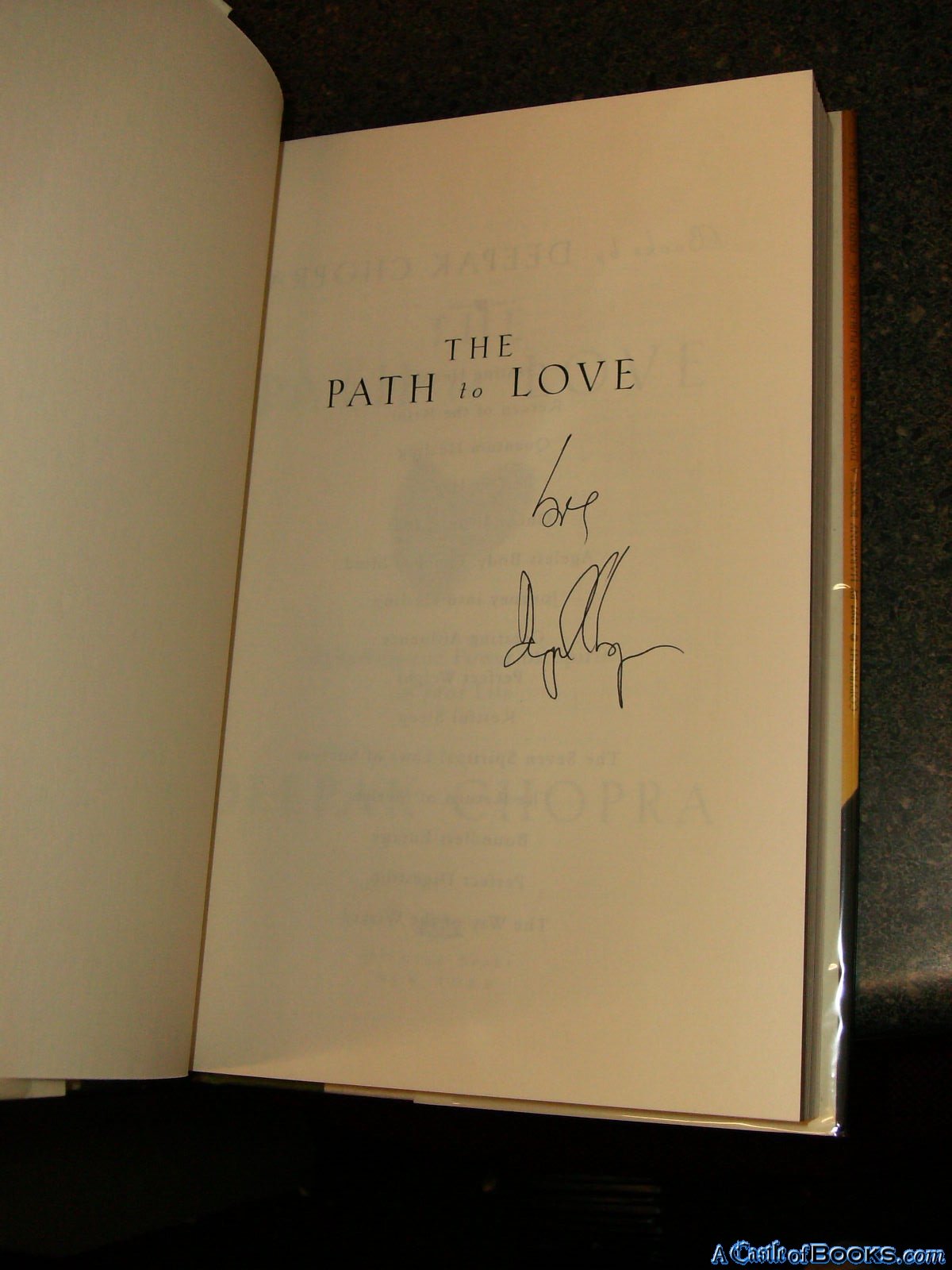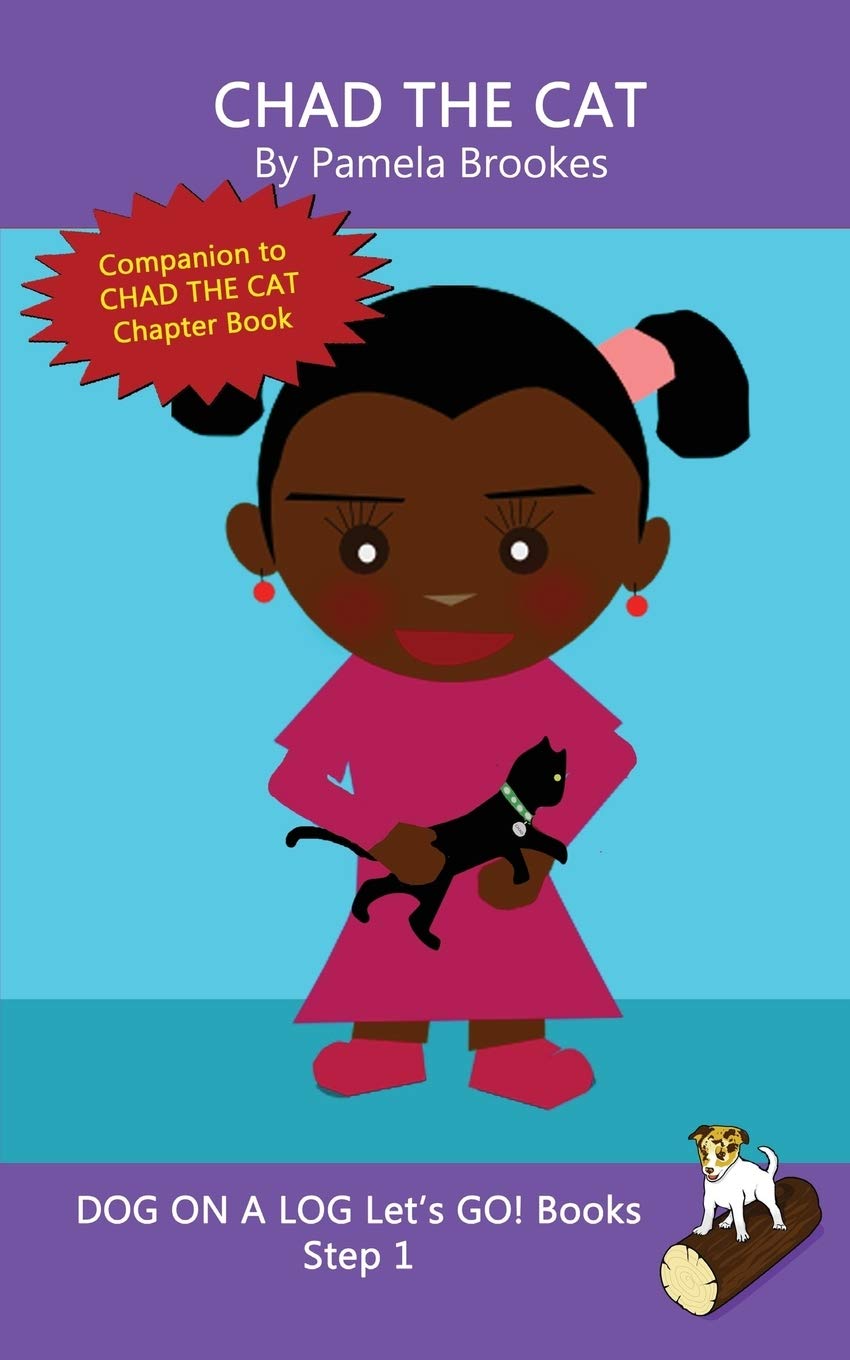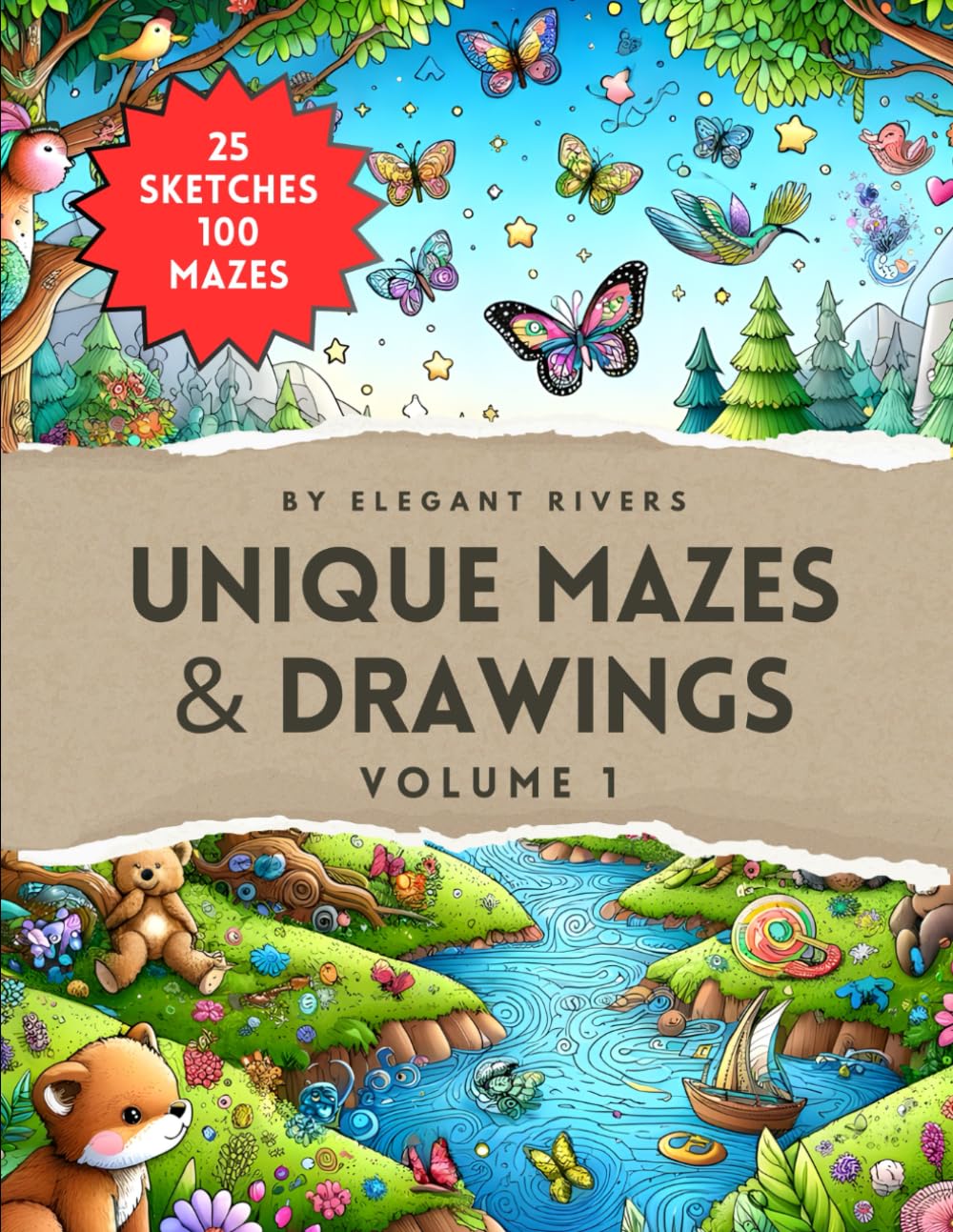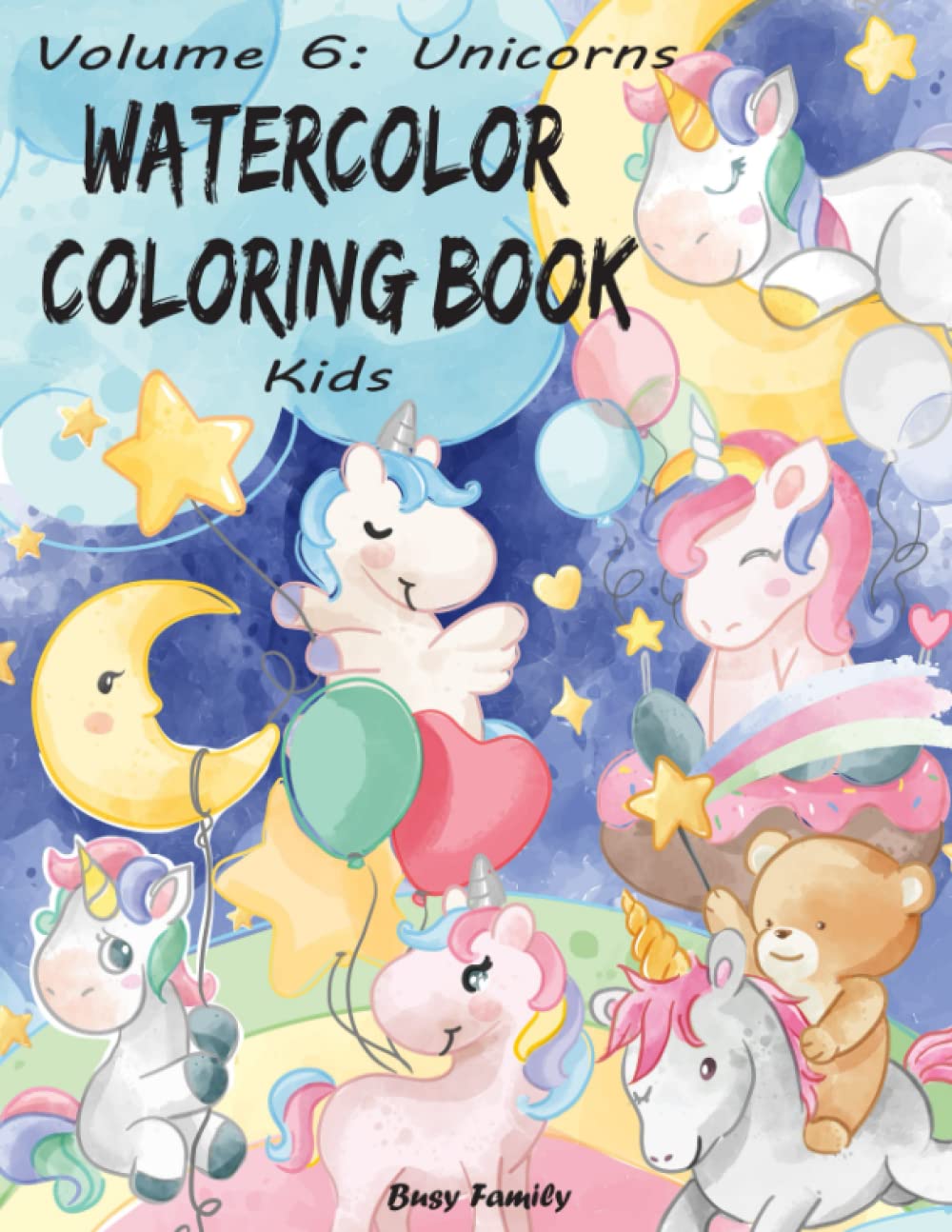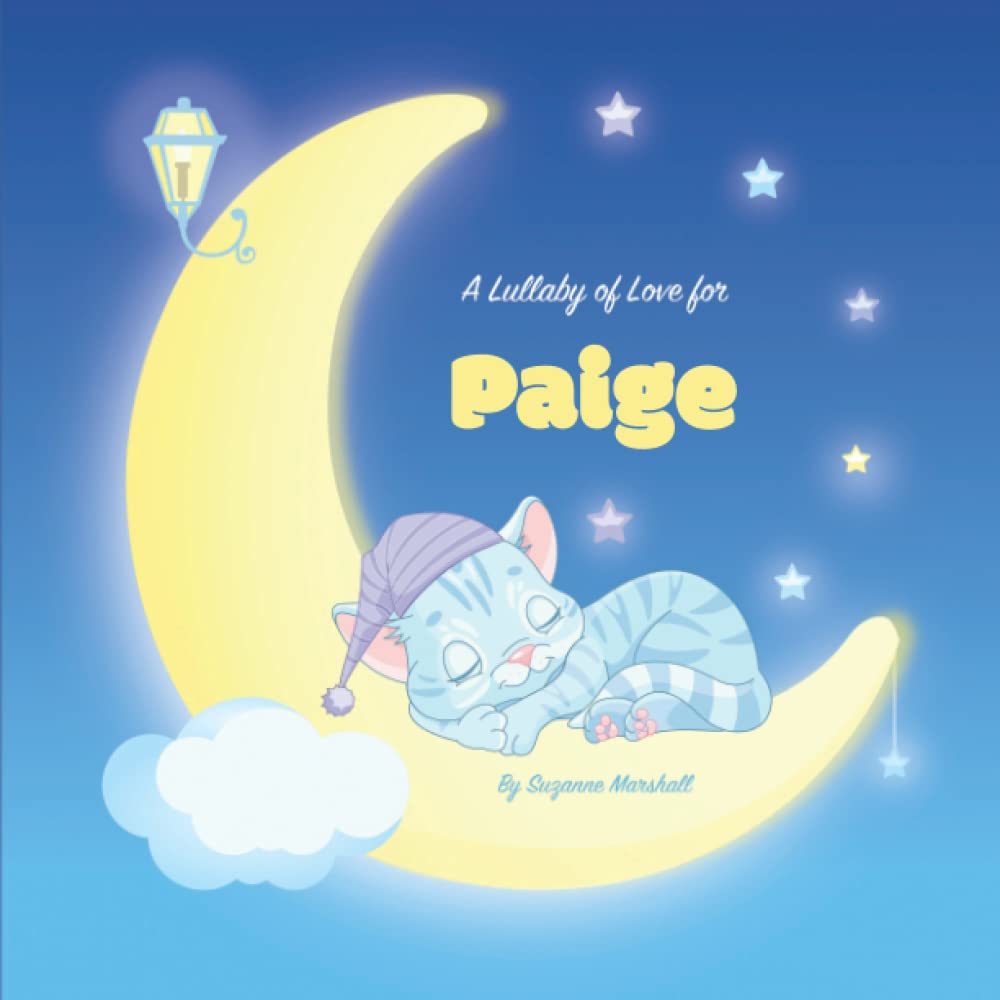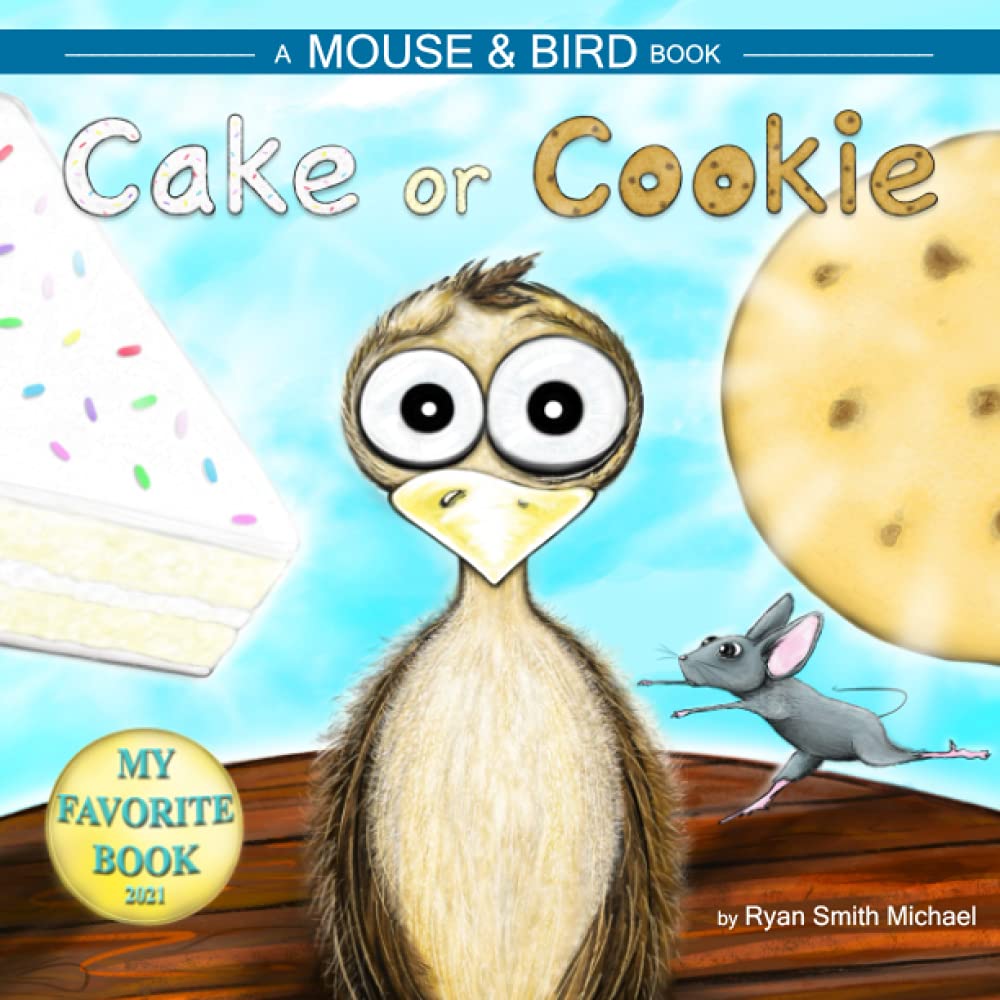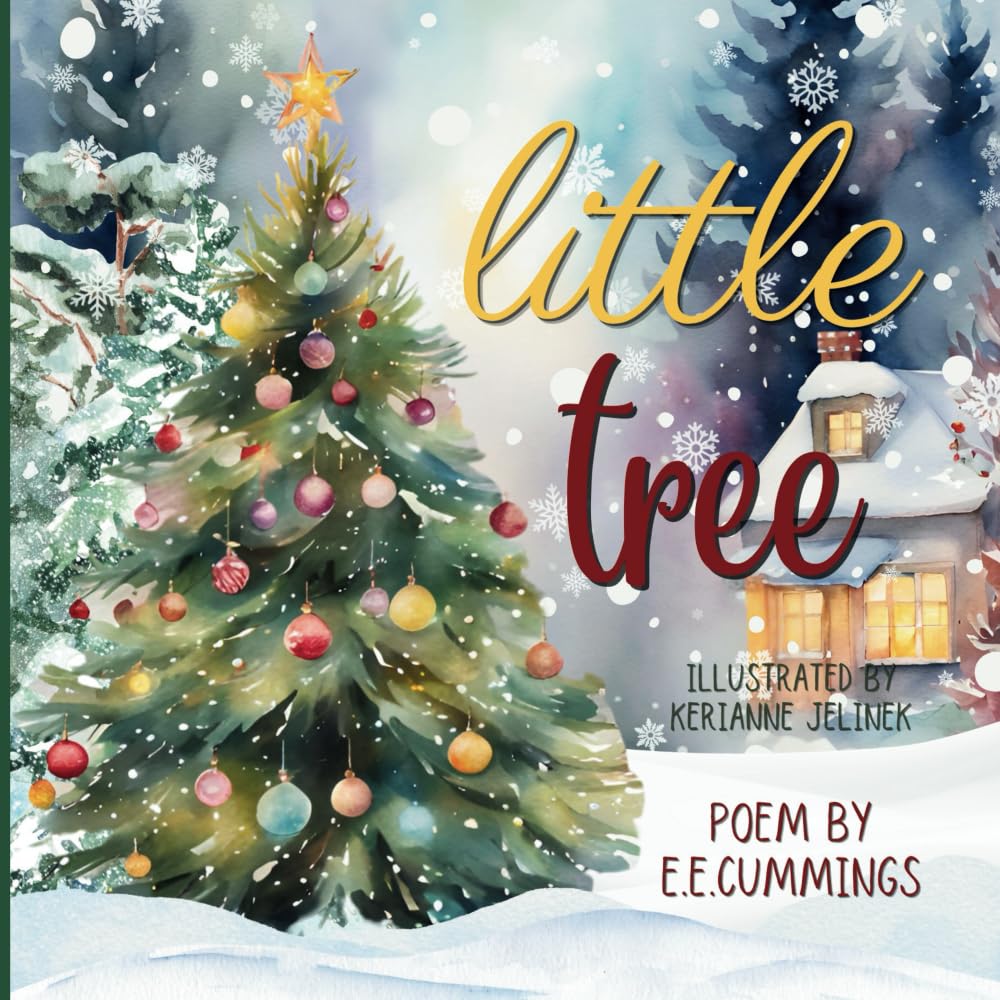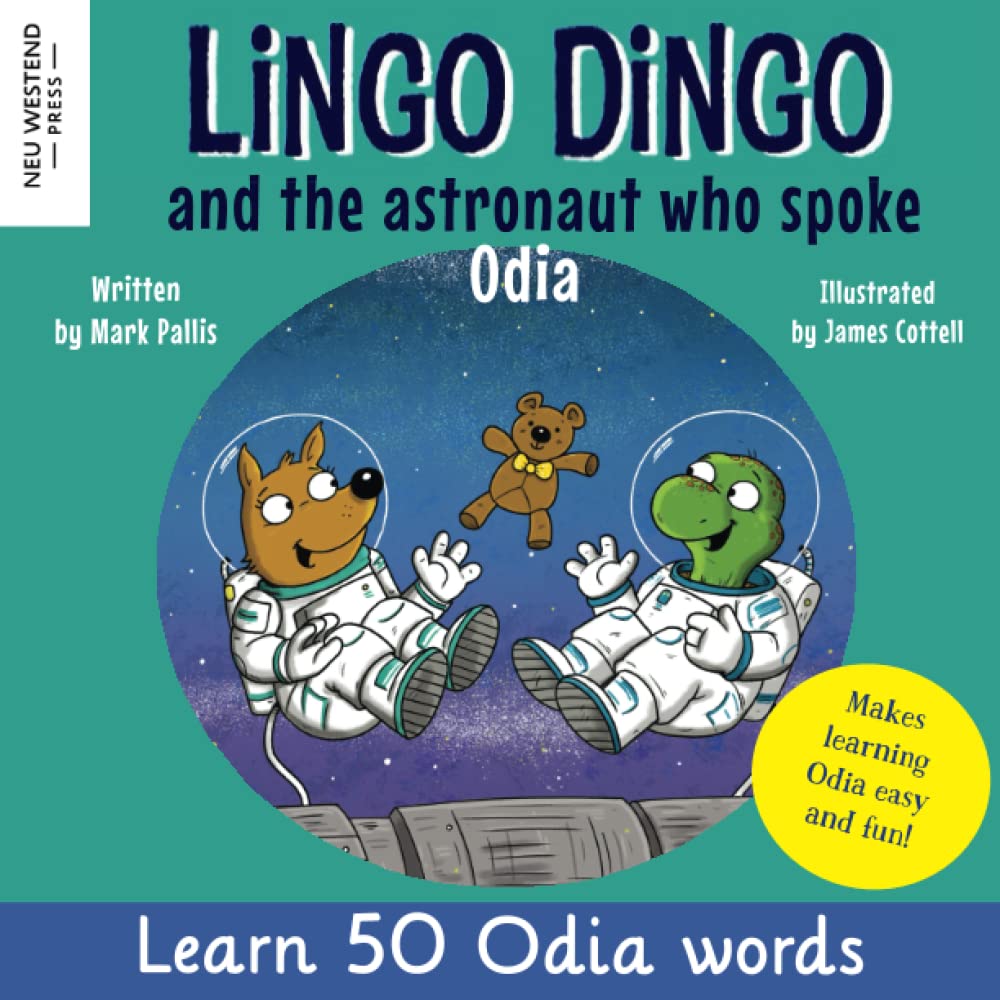Join Deepak Chopra on a wondrous journey. . . "The Path to Love." Philosophical, inspiring, and ultimately very practical, The Path to Love is a book that can change lives as it invites the spirit to work its wonders on the most complex and richly rewarding terrain of all: the human heart. From the Trade Paperback edition. In an era when people are relying on gimmicky rulebooks for snagging a date, it's refreshing to read a book that reminds us to dip our empty hearts into the wellspring of spirit. Only then will we be able to fill our lives with the love we long to give and receive. Although Deepak Chopra's message isn't new, his delivery is eloquent and original. The built-in questions and tests about projection, sexuality, and attachment are as helpful as a weekend couples workshop. Those who aren't in a relationship, but long to be, are invited to forego the cute tricks to entice a date, and instead ignite the passion of spirit, which naturally draws moths to the flame. A dozen books, a PBS series, and 30 audio tapes to his credit, Chopra is now director of the Chopra Center in California. He introduces here a combination of Eastern and Western philosophy, presenting Shakti and Shiva, the female and male aspects, respectively, of spirit. The author discusses not only romantic love and sexual intimacy but also compassion for one's fellow humans. Through spiritual exercises, Chopra guides readers to the openness of living on a more spiritual level in love and peace. Through his sessions with patients, readers can experience a therapy working toward unblocking the receiving and sending of love. Chopra commands a wide audience, and this title will be in demand in public libraries. [BOMC alternate.]?Lisa Wise, Broome Cty. P.L., Binghampton. -?Lisa Wise, Broome Cty. P.L., Binghampton, Copyright 1997 Reed Business Information, Inc. Over the course of writing his 16 books, several of which have been spectacularly popular, Chopra has tried out different variations on his signature theme of the importance of the mind-body connection to health and well-being, including an unfortunate flirtation with the Arthurian legends. Here he keeps it simple, using his accessible and practical blend of Eastern and Western thought to illuminate the aspect of life that bedevils people the most, love. Chopra believes that people have lost the sense of love and of being lovable and attributes this to a "split between love and spirit." To heal this rift so that they can follow the "path" to love, he offers a series of meditations to open and purify the heart, rekindle faith in romance, understand the difference between attachment and love, stop fearing true passion and intimacy, and achieve ecstasy. A tall order, of course, but Chopra has many cogent, mature, and valuable things to say about the spirituality of love and commitment, and his broad frame of reference, including real-life examples, will inspire a feeling of hopefulness. Donna Seaman A road map to spiritual renewal, with the crossroads marked by a popular guide who seems to have lost his footing. In his earlier nonfiction works Chopra (Ageless Body, Timeless Mind, 1993, etc.), a medical doctor, successfully balanced medical science and intuitive healing. Ayurvedic medicine from his native India was not incompatible with Western medical technology, he proposed, as he wooed many Americans to an exploration of a body/mind connection with good health. Now based at his newly established Chopra Center for Well Being in southern California, the doctor is exploring--and stumbling over--more ephemeral areas like love. That may be because his subject is so chameleon-like, a four-letter word at the service of saints and sinners, of lusting couples, charismatic preachers, suffering artists, and self-sacrificing parents. Chopra limits his exploration to the love of romantic relationships and launches the trek from babyhood, where ``I am completely loved./I am completely lovable,'' to the experiences between man and woman that are labeled ``love.'' Chapters include attraction, infatuation, courtship, intimacy, surrender, passion, and ecstasy, each a stepping stone to connections with god or the cosmic spirit. The image of god is fairly flexible here but gives major weight to Shakti, the wife of Shiva, as the representative of ``cosmic passion.'' Along the way are thoughts about courtship as ``shared birth,'' and introductions of concepts such as Dharma (unity), Karma (cause and effect), and Moksha (liberation, ascension). Included are excerpts from poetry (among them Walt Whitman, Emily Dickinson, the Indian Rumi and the Upanishads), checklist exercises, and limp case histories. A concluding chapter set in a New Mexican twilight is reminiscent of Carlos Castaneda's desert dialogues. ``Know thyself'' is the message here. Neither as direct as the Bible nor as engaging as Shakespeare, Chopra's pathway may nevertheless serve as an on-ramp for some bewildered lovers. (Book-of-the-M
